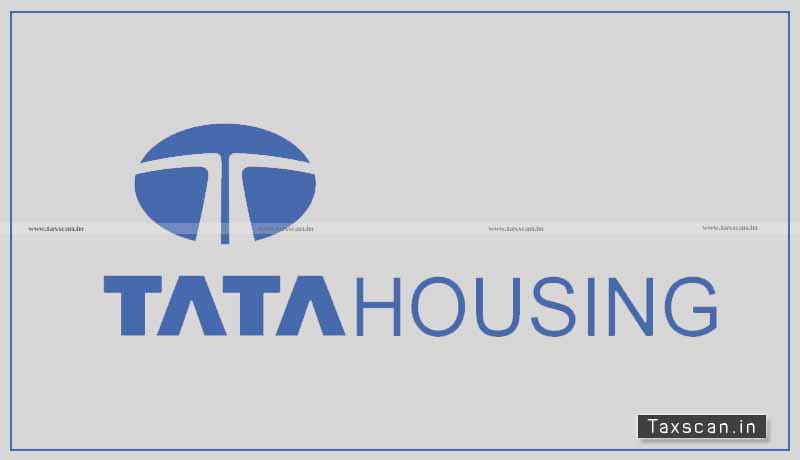Assessment Order can’t erroneous merely for reason that PCIT doesn’t agree with view taken by AO: ITAT grants relief to Tata Housing

The Income Tax Appellate Tribunal (ITAT), Mumbai Bench ruled that the Assessment order sought to be revised does not suffer from error merely for the reason that PCIT does not agree with one of the possible views taken by AO.
The assessee, Tata Housing Development Company Limited is a real estate developer. The assessee filed its return of income for the assessment year 2014-15 declaring a total income of Rs.4,01,24,090. The assessee declared income from the business of real estate development as ‘Business Income’.
The Assessing Officer in scrutiny assessment proceedings made disallowance under section 36(1)(iii) and section 14A of the Act and determined the taxable income of the assessee as Rs.23,52,81,848 vide assessment order.
Thereafter, the PCIT invoked revisional jurisdiction under section 263 of the Act and issued a show-cause notice. The PCIT following the decision of Delhi High Court in the case of CIT vs. Ansal Housing Finance & Leasing Co. Ltd., held that notional rental income on vacant flats should have been added to the total income of the assessee by the Assessing Officer.
Since the Assessing Officer failed to consider this aspect, the assessment order is erroneous as well as prejudicial to the interest of revenue. Aggrieved by the order passed under section 263 of the Act, the assessee appealed before the Tribunal.
The two-member bench of Judicial Member, Manoj Kumar Aggarwal and Accountant Member, Vikas Awasthy in the light decision of the Supreme Court wherein it was held that where two views are possible and the Assessing Officer has taken one of the possible views to which CIT does not agree, this would not make the assessment order erroneous.
As per the provisions of section 263 of the Act can be invoked if the twin conditions mandated under the section are satisfied.
Firstly, the order of the Assessing Officer sought to be revised is erroneous.
Secondly, it is prejudicial to the interests of the revenue.
Therefore, the tribunal said that if any one of the two conditions is absent, the Commissioner of Income Tax cannot take recourse to section 263 of the Act.
The tribunal opined that the assessment order sought to be revised does not suffer from error as pointed by the PCIT. Merely for the reason that PCIT does not agree with one of the possible views taken by the Assessing Officer, would not make the assessment order erroneous. The PCIT has erred in invoking the provisions of section 263 of the Act, therefore, the impugned order is liable to be quashed.
“We may also like to add here that sub-section (5) to Section 23 has been inserted by the Finance Act, 2017 w.e.f. 01-4-2018, whereby the notional annual value of property/part of property held as stock-in-trade has been brought to tax subject to conditions specified in the newly inserted sub-section. The amendment is substantive in nature and hence, would be effective prospectively i.e. it would have no application in the impugned assessment year. Thus, no addition on account of notional rental value of the flats held as stock in trade by the assessee could have been made by the Assessing Officer in the impugned assessment year,” the tribunal said.


